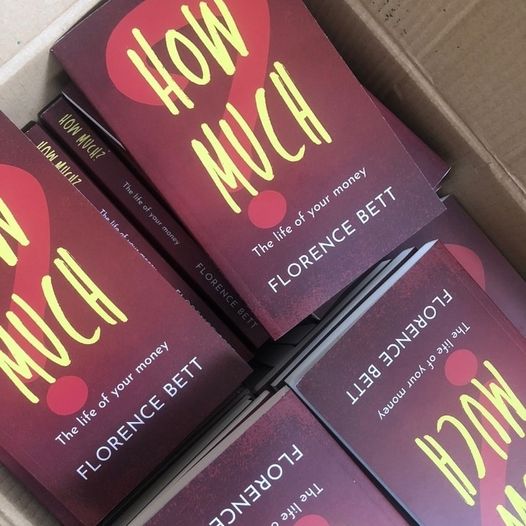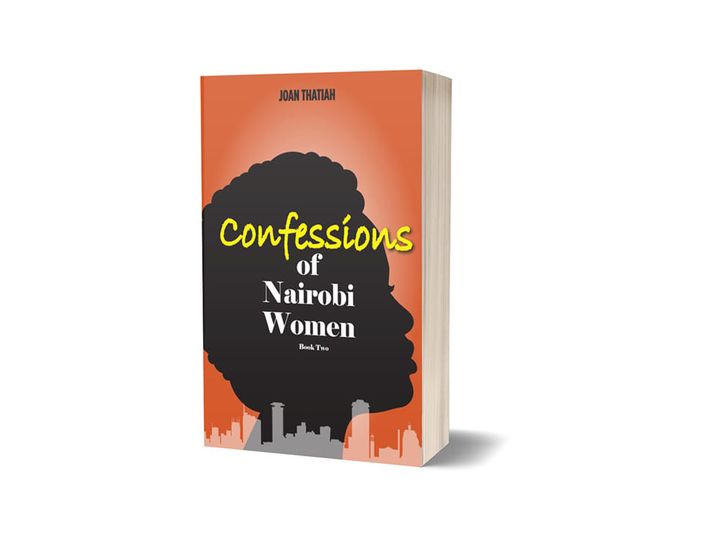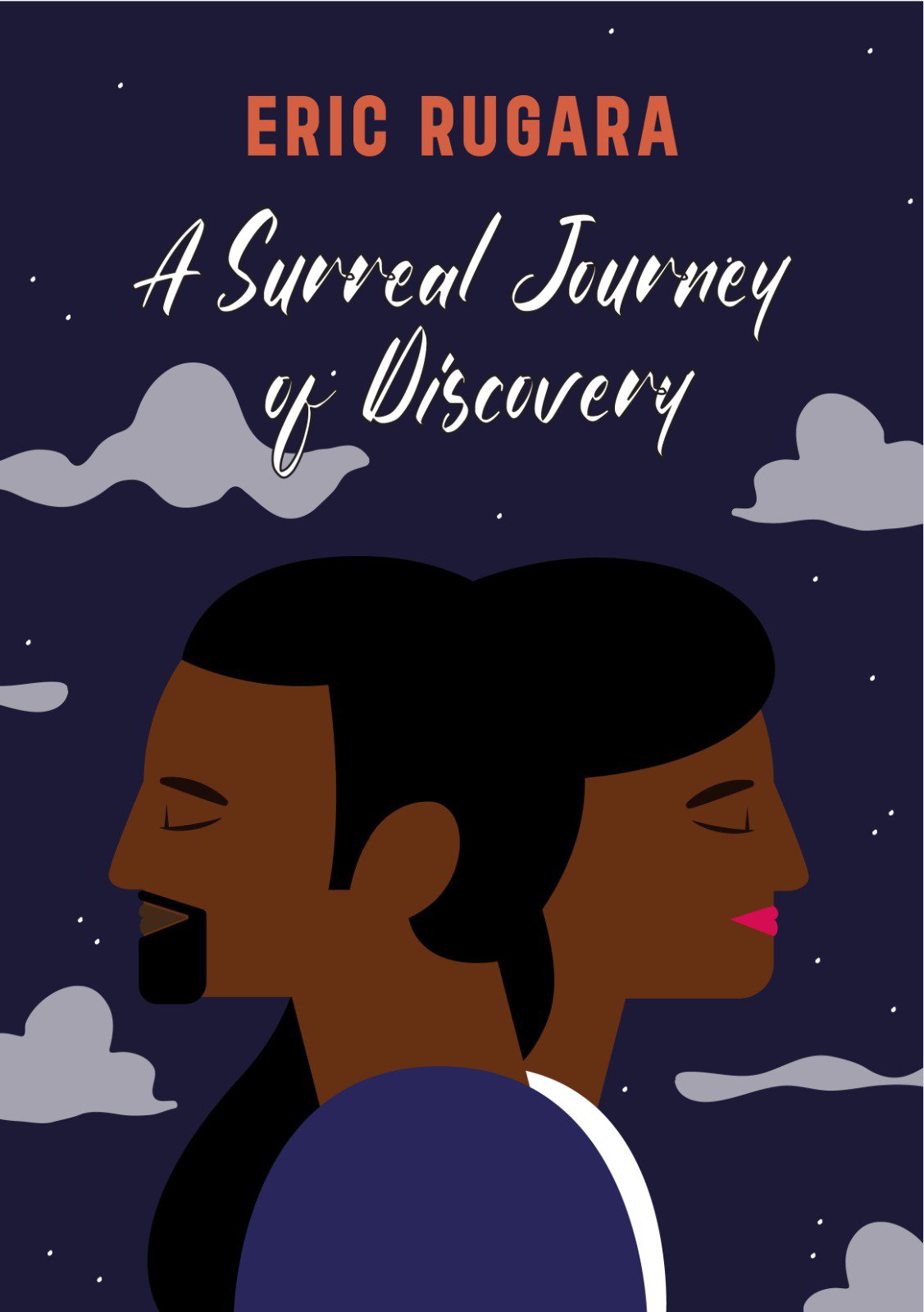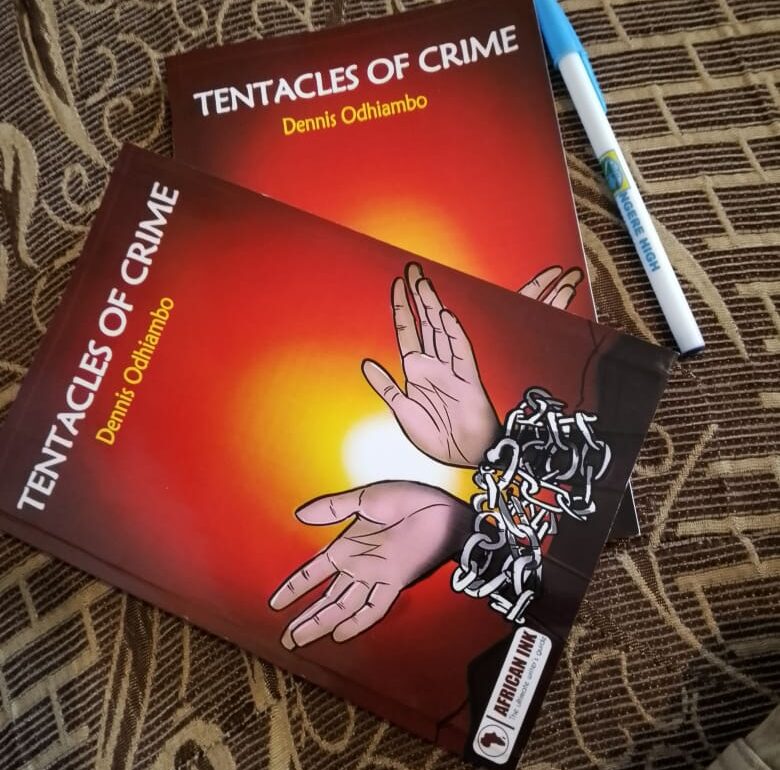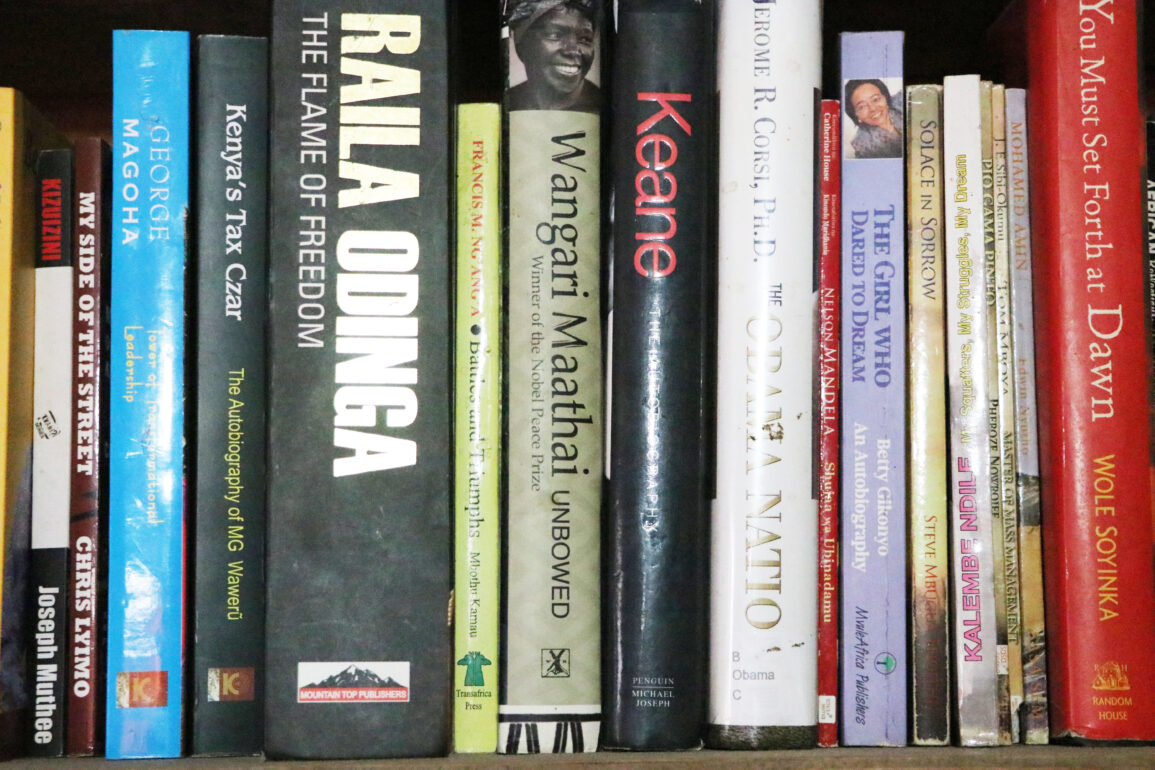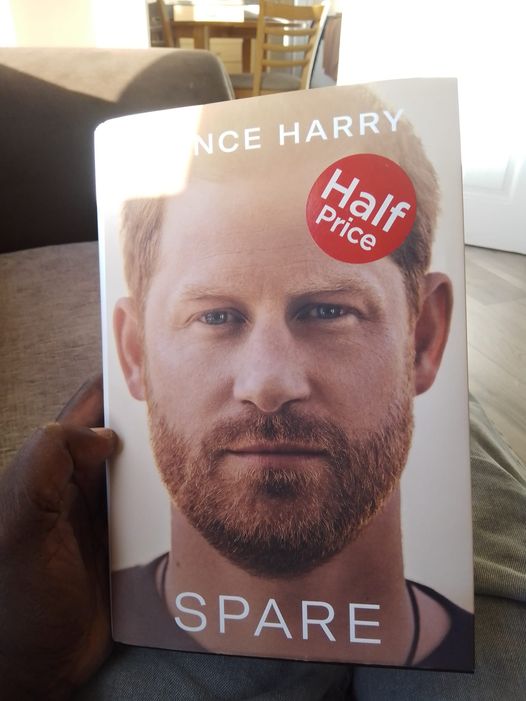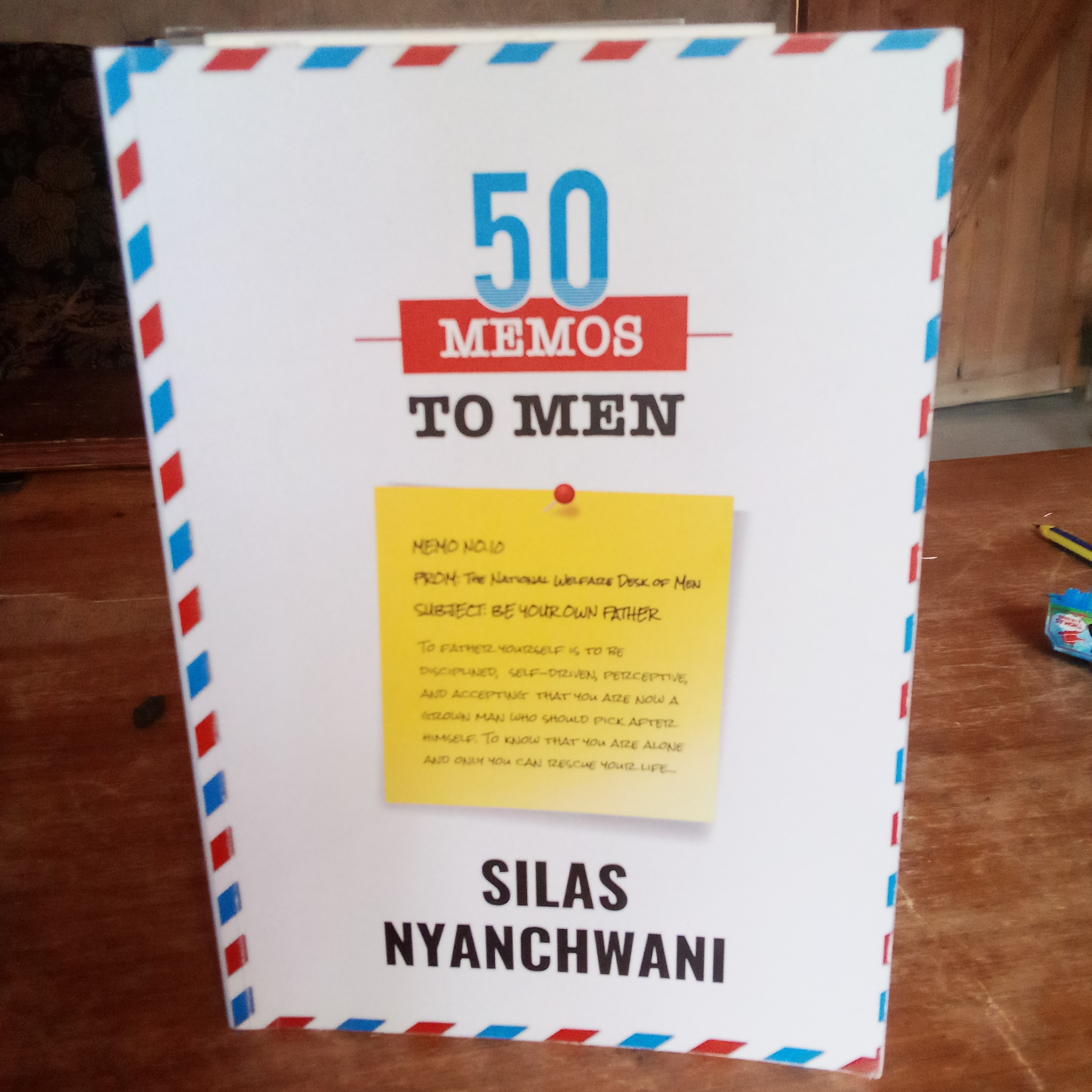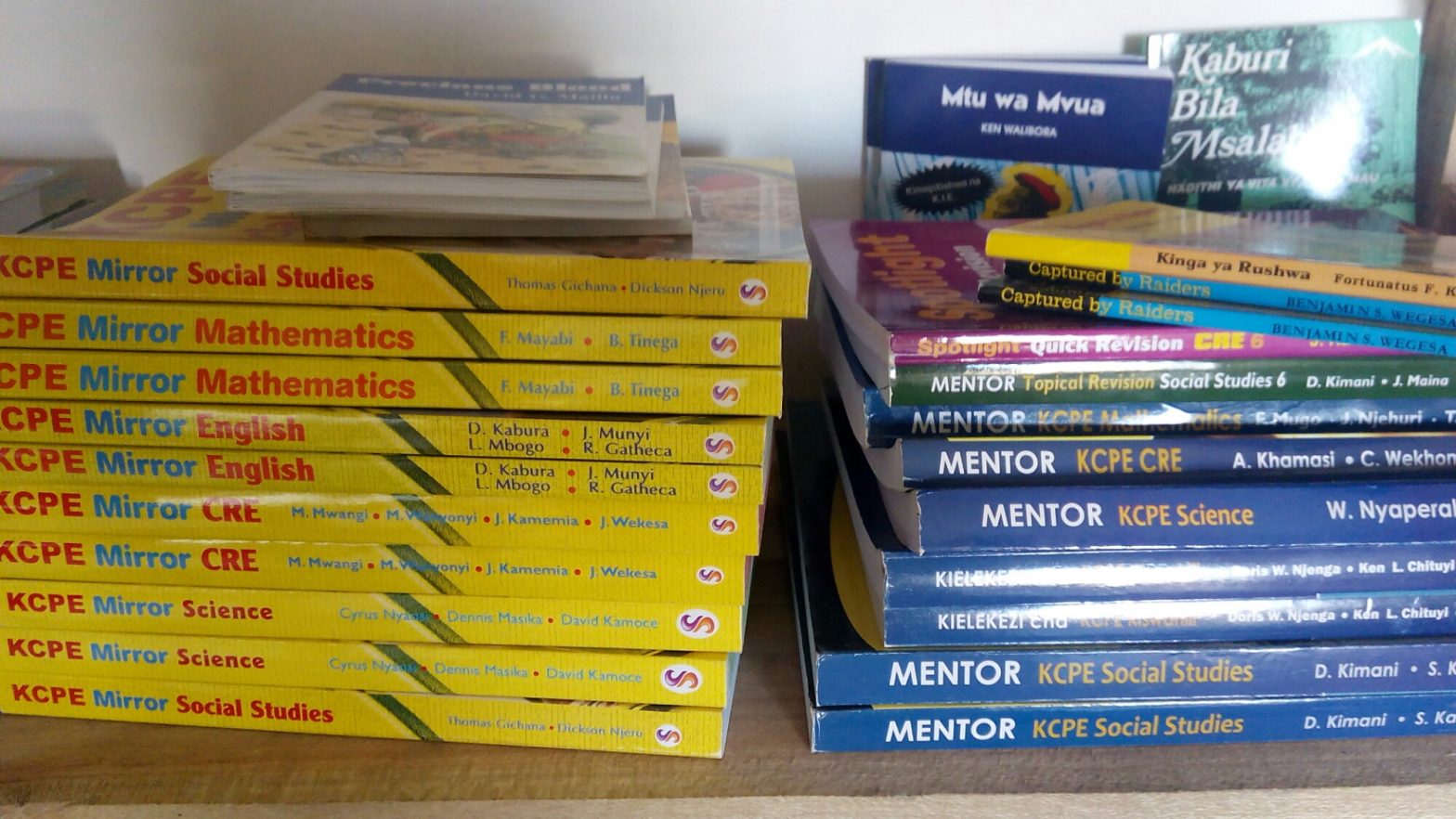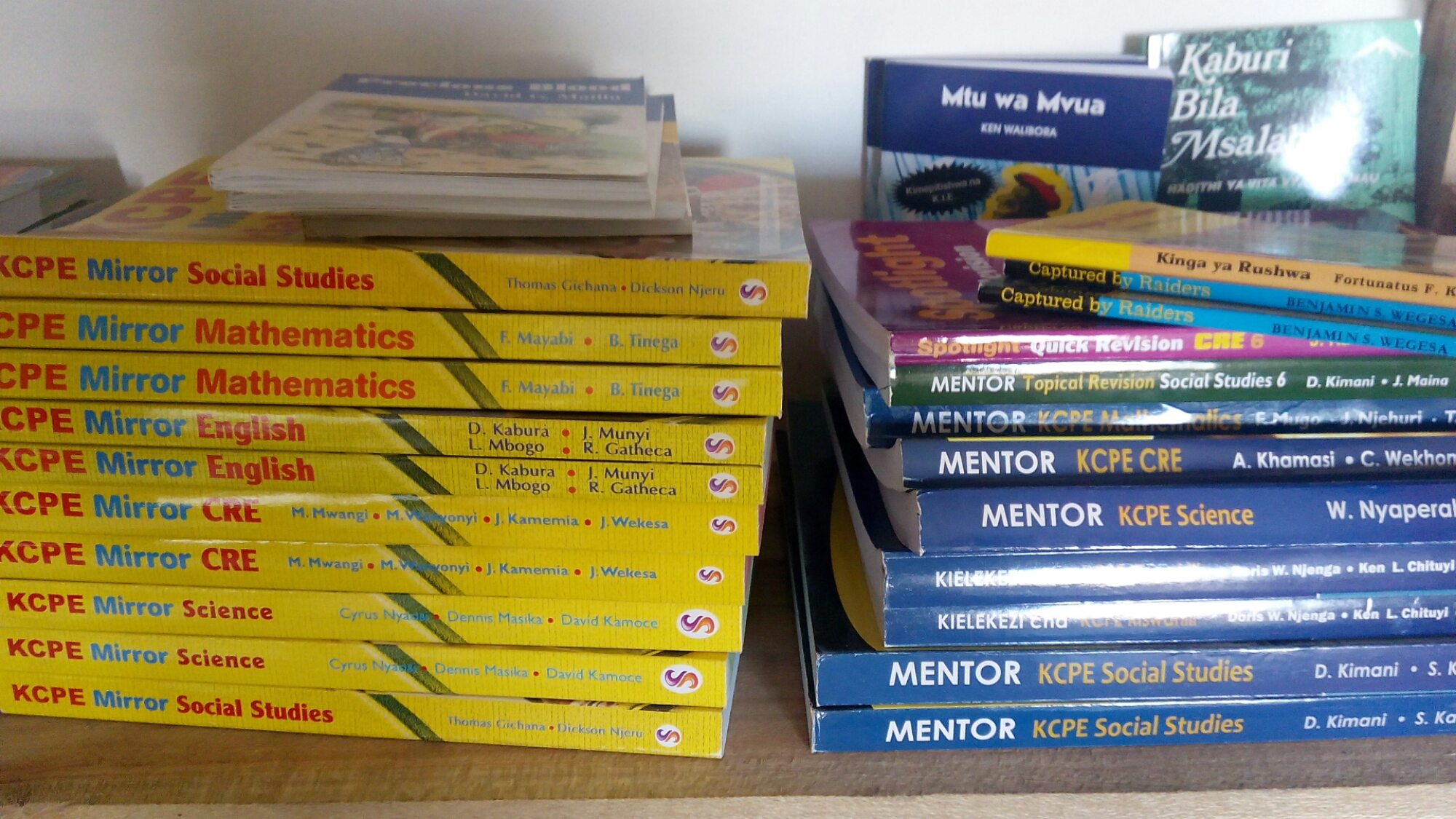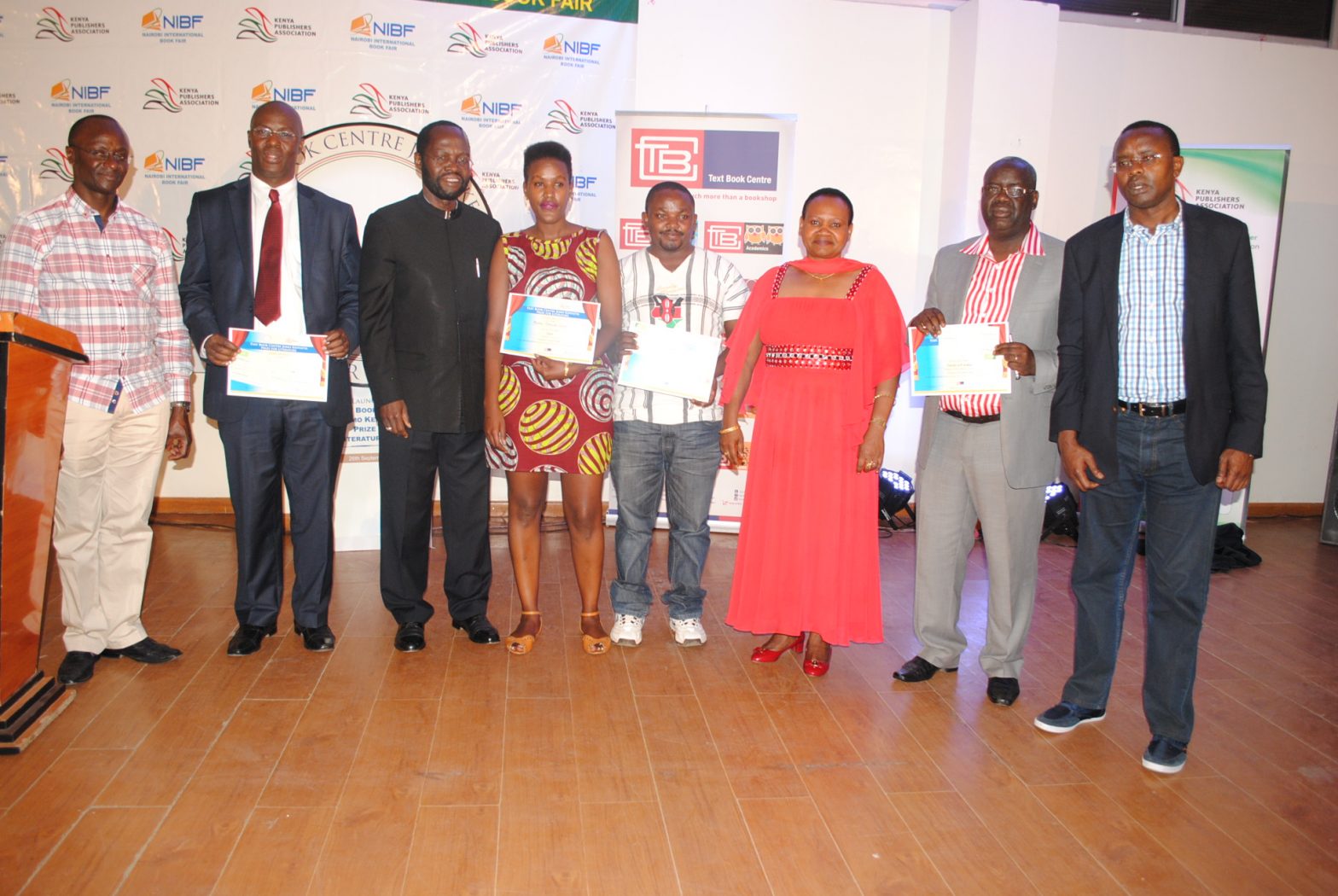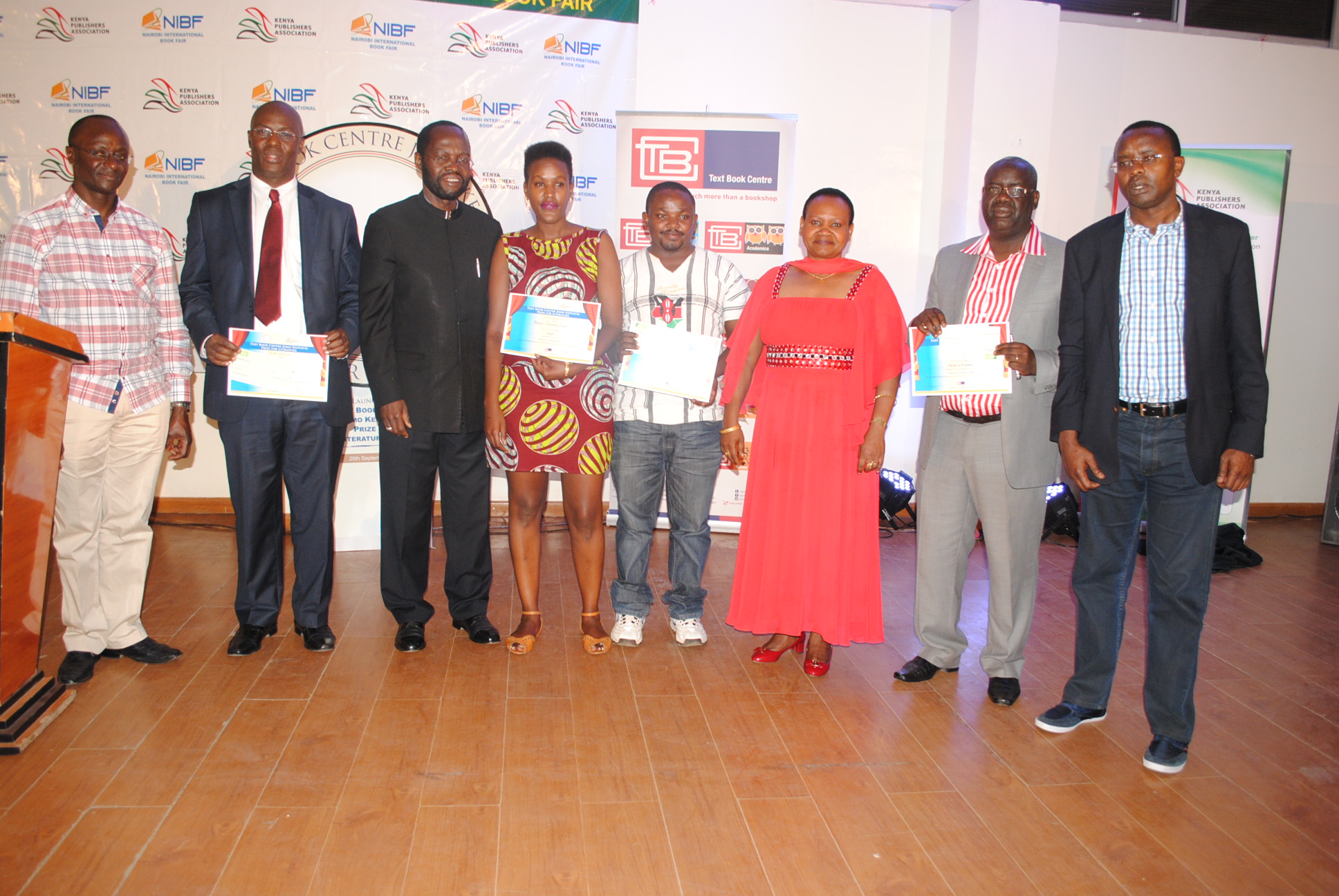TITLES: Should I? and How Much
AUTHOR: Florence Bett
REVIEWER: Scholastica Moraa
AVAILABILITY: Nuria Book Store
If you ask most people about money and investments, you will likely realise that they are clueless about what they are doing and what is going on. If you ask about inflation and investments, most people will fumble, trying to explain what they understand by that.
The only thing they know about investments is buying land. Because their fathers told them so. Because during their grandfather’s time, that type of advice worked well. More often than not, they are wrong, they are unsure and they need help. And that is where Florence Bett comes in with her books, Should I? and How Much
Explained in an easy to understand manner; in a question and answer format, you are likely to find many of your questions, on investment, in this book. Your eyes will be opened and you will see the light. You will, in effect, break free and as Florence says; “your money will start working for you.”
In Should I?, Bett teaches about budgeting, how to avoid being broke before your next pay day, where to start your investment journey, how to handle love, sex and money. She also addresses the topic of Saccos; what they are and how they work. Also addressed in the book, is the question on why you should consider saving in a money market fund instead of a bank.
Other areas include whether or not you should buy a car, what you need to know about bonds, what you need to know about starting a side hustle, among many other issues. She breaks it down into palatable portions and when you finally put the book down, the cobwebs will be removed from yours. The beauty about her style of writing is in the way you can put yourself into the scenarios she describes and the simplicity of the steps she encourages the reader to take.
In her second book, How Much, the reader can reap from her experience as a personal finance columnist, a business owner, a certified accountant and former financial auditor. In this book, she explores the murky waters of money and marriage, managing family finances and current issues with regards to making money, such as social media, agriculture, pyramid schemes, and recovering from loss. There is a high probability that if you have wondered about any nagging financial issue, Florence Bett has probably written about it.
The humour in her tone also makes it easy to go through the books, thus making this an interesting if not fun experience.
The books are highly recommended for young people fresh out of school and who don’t know where and how to start managing their finances. It also comes in handy for for employed people, who live pay check to pay check, as well as for people wondering on whether to start their business, to parents trying to educate and take care of their children
Above all, these are books for anyone who is seeking financial freedom.
The books are relatable, educative and beautifully written.
Moraa is a young woman navigating life. Author of Beautiful Mess… Co Author of Dreams and Demons and I’m Listening 2021 edition. She is also the winner of Kendeka Prize of African Literature-2022. She can be found with a book or two. When she’s not fighting to stay afloat, she is daydreaming, writing poetry or reading.

